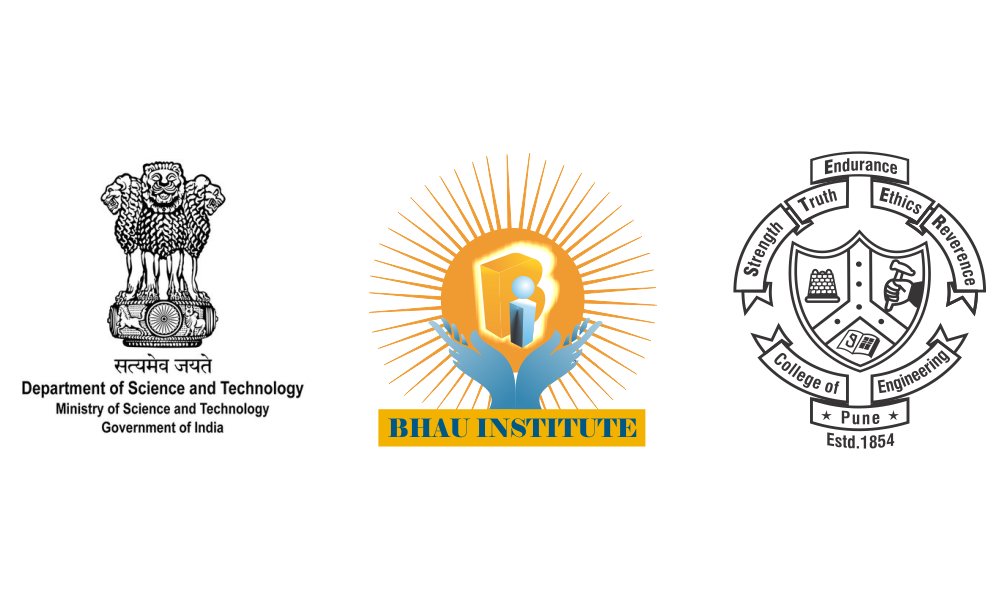Healthcare industry in India is said to be one of the fastest growing sectors backed by India’s rising income, health awareness, and access to insurance, but also due to the increase in lifestyle and stress-related diseases.

The healthcare industry is experiencing a steady and stable transformation the world over, majorly with Information Technology (IT) playing a core role in every aspect of the healthcare value chain. IT is increasingly penetrating the healthcare service delivery in India as well, driven by the need to reduce costs, improve efficiency, create interoperability between existing fragmented hospital systems, and increase health awareness among citizens.
Area such as Telemedicine is going to experience rapid growth due to the need for specialist doctors in rural areas, as most of them live in urban or semi-urban centres of India. Rural areas, roughly with a population of 700 million, can be provided healthcare facilities through telemedicine, with remote diagnosis, and monitoring and treatment of patients via video conferencing. Telemedicine can bridge the rural-urban divide by extending low-cost consultation and diagnostic facilities to the remotest areas via high-speed Internet and telecommunications. In addition, India’s solid mobile technology infrastructure and the launch of 4G is expected to drive mobile health (mHealth) adoption widely with positive impact for citizens.

Technology will also be a game changer in the manner in which healthcare services will be delivered in India. IT solutions will become an integral part of process management, patient care and the health management information system (HMIS) in hospitals. With the health insurance sector poised for major growth in the coming decade, increasing demand from this sector for more efficient systems for storage and retrieval of information will put pressure on hospitals and other healthcare providers to imbibe technology to modernize existing infrastructure.
The healthcare sector is also poised to embrace cloud computing in a big way in the coming decade. Cost-effective cloud-based solutions are expected to drive increased adoption of HMIS and Electronic Medical Records (EMRs).
The various benefits that can be derived, such as easy accessibility irrespective of geographical location, fewer errors, faster response in times of emergencies, and patient convenience, among others, will drive increased adoption.
The Government of India aims to develop India as a global healthcare hub. It has created the National Health Mission (NHM) for providing effective healthcare to both the urban and rural population. The Government is also providing policy support in the form of reduced excise and customs duty, and exemption in service tax, to support growth in healthcare.
Healthcare Technologies vertical is of importance to Bhau Institute because it can help solve the complex and challenging societal problem of healthcare for the Indian population. By leveraging the COEP technical engineering expertise in the domain, partnering with industry, including IT companies and life sciences companies in Pune, the Bhau institute will be able to support the entrepreneurs in this sector who are focused on finding solutions to the complex problems in this domain. We will also be associating with AFMC. BJ Medical, Walawalkar hospital teams at Pune, for coming up with creative solutions.
